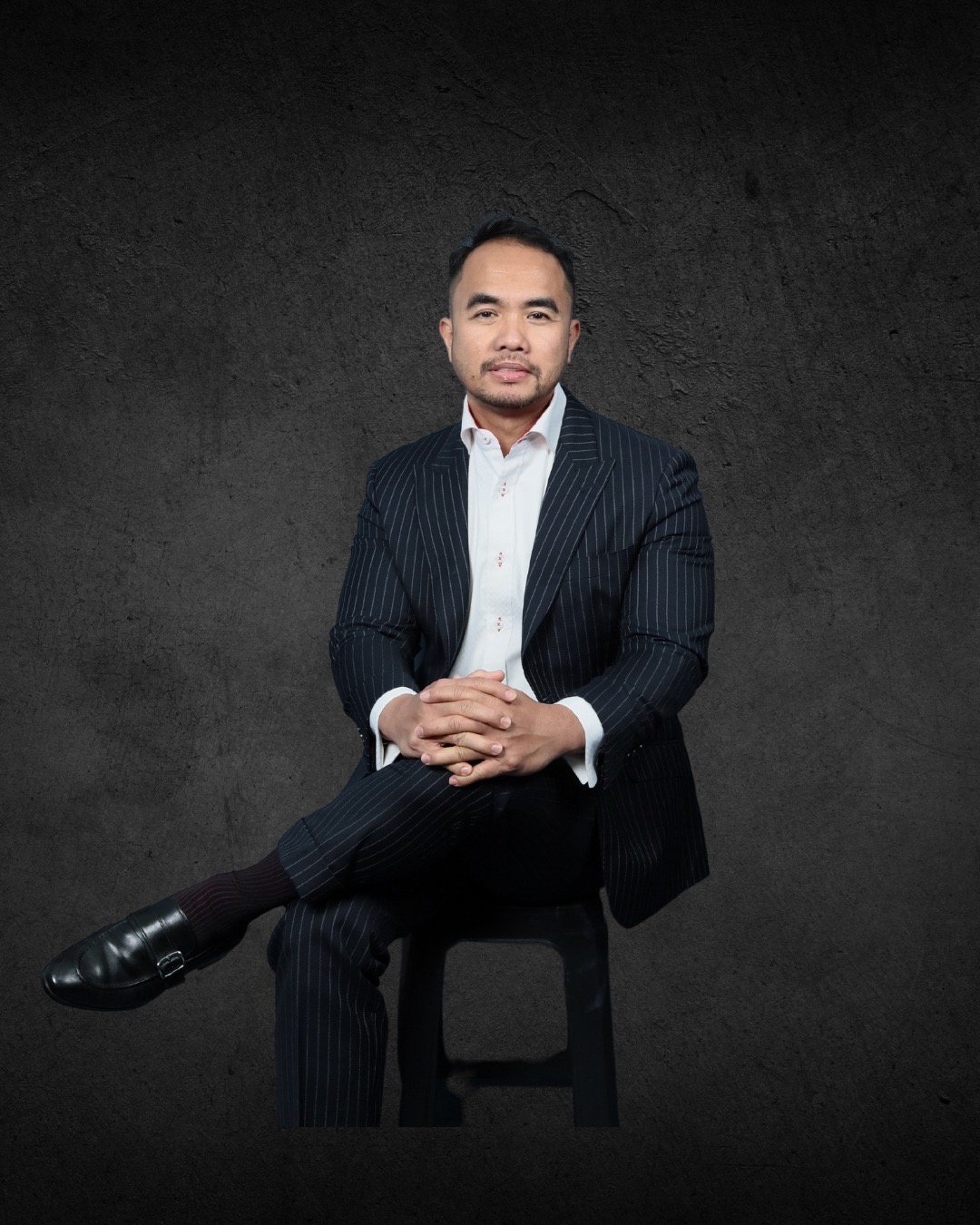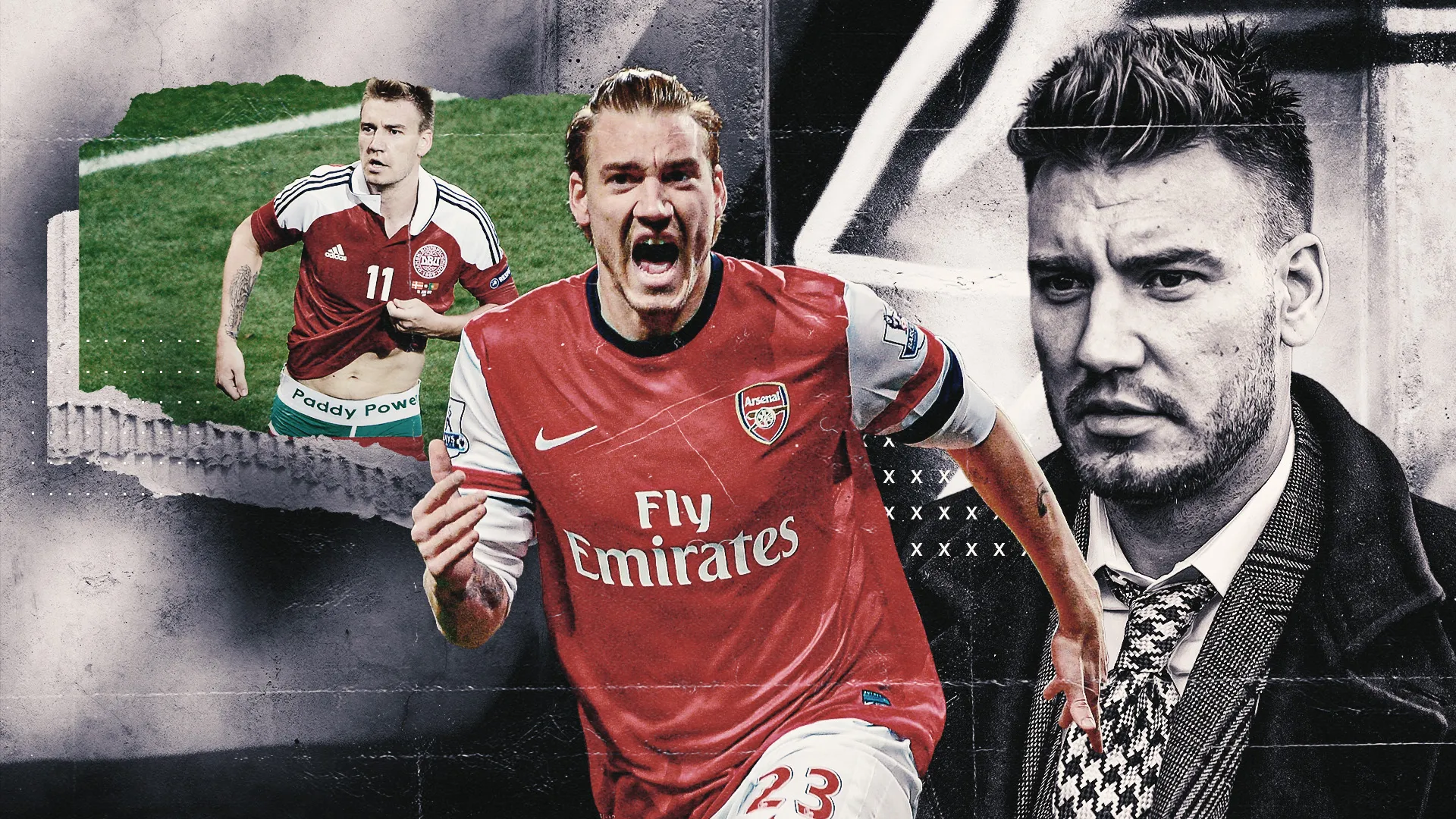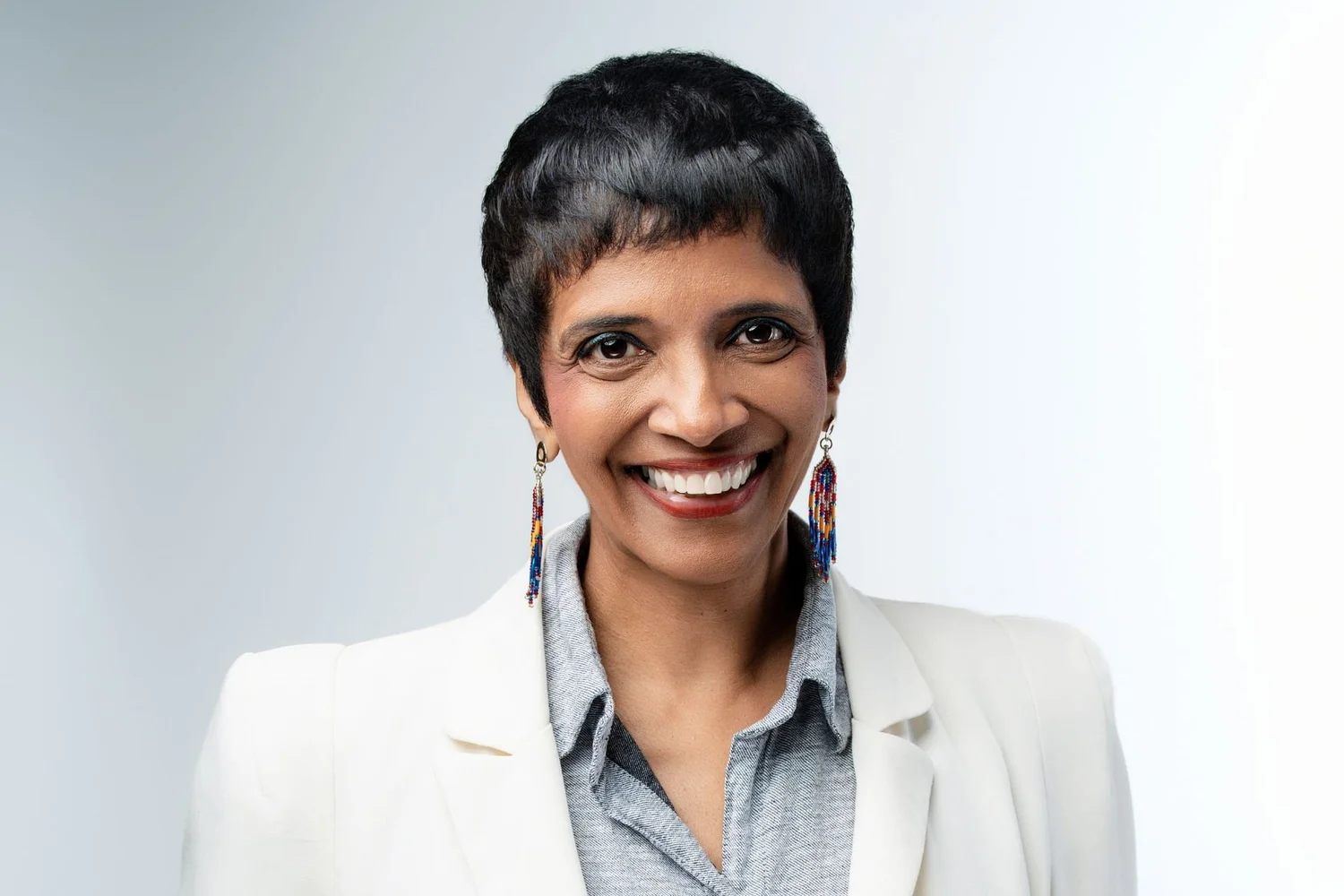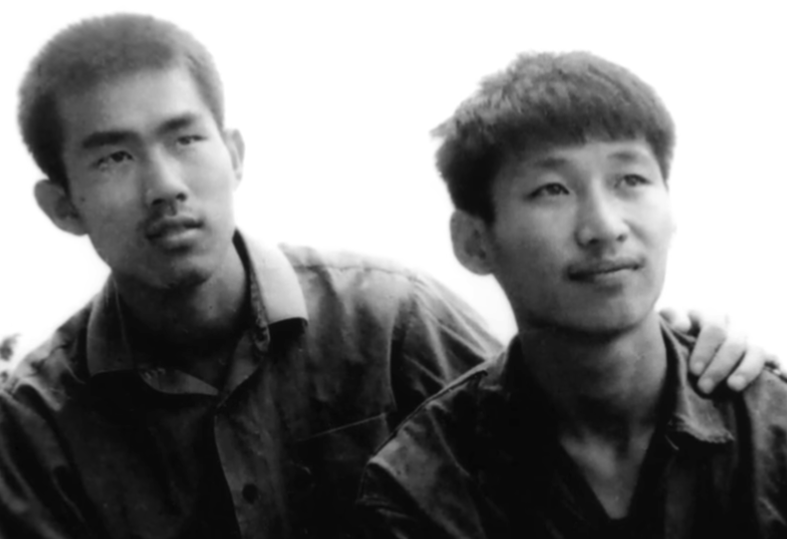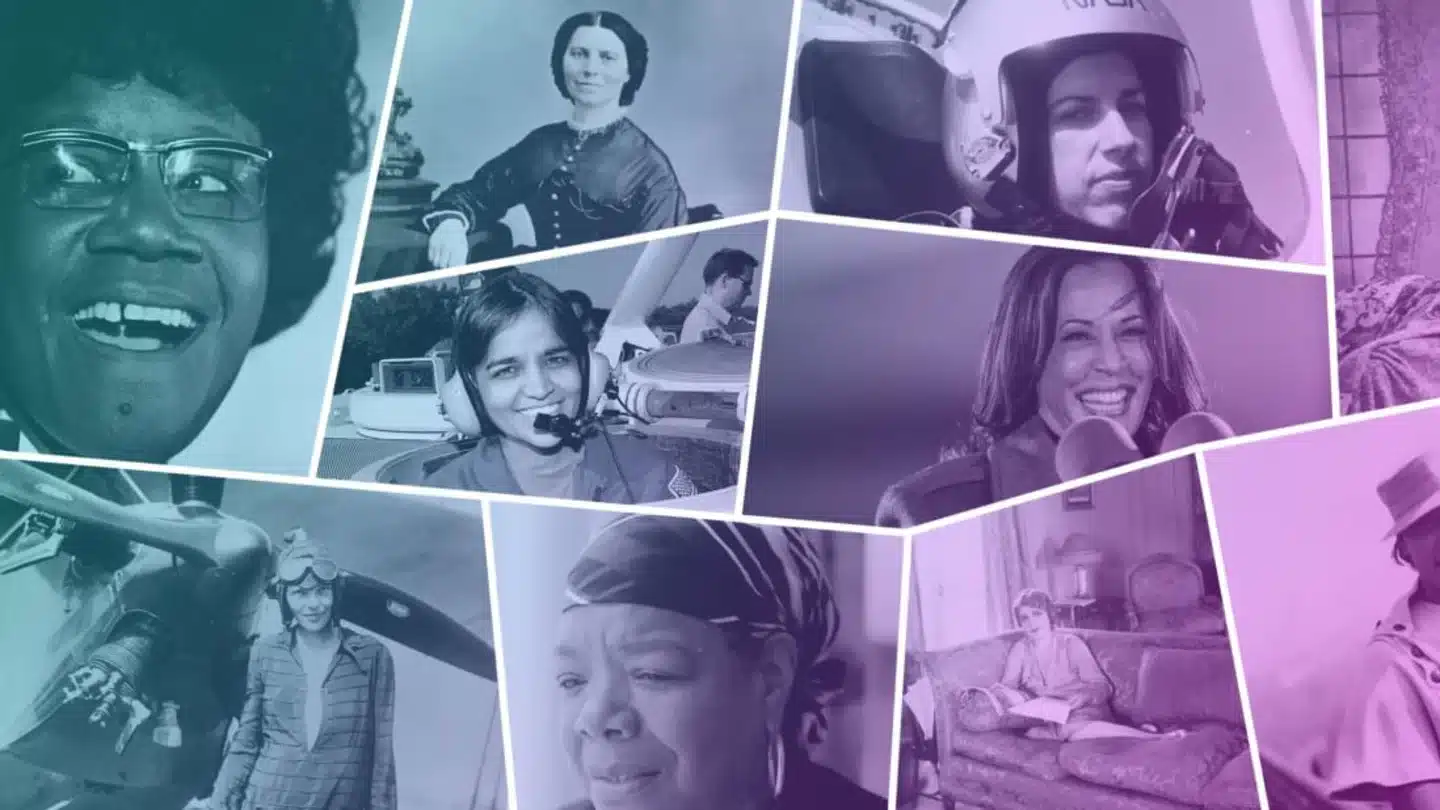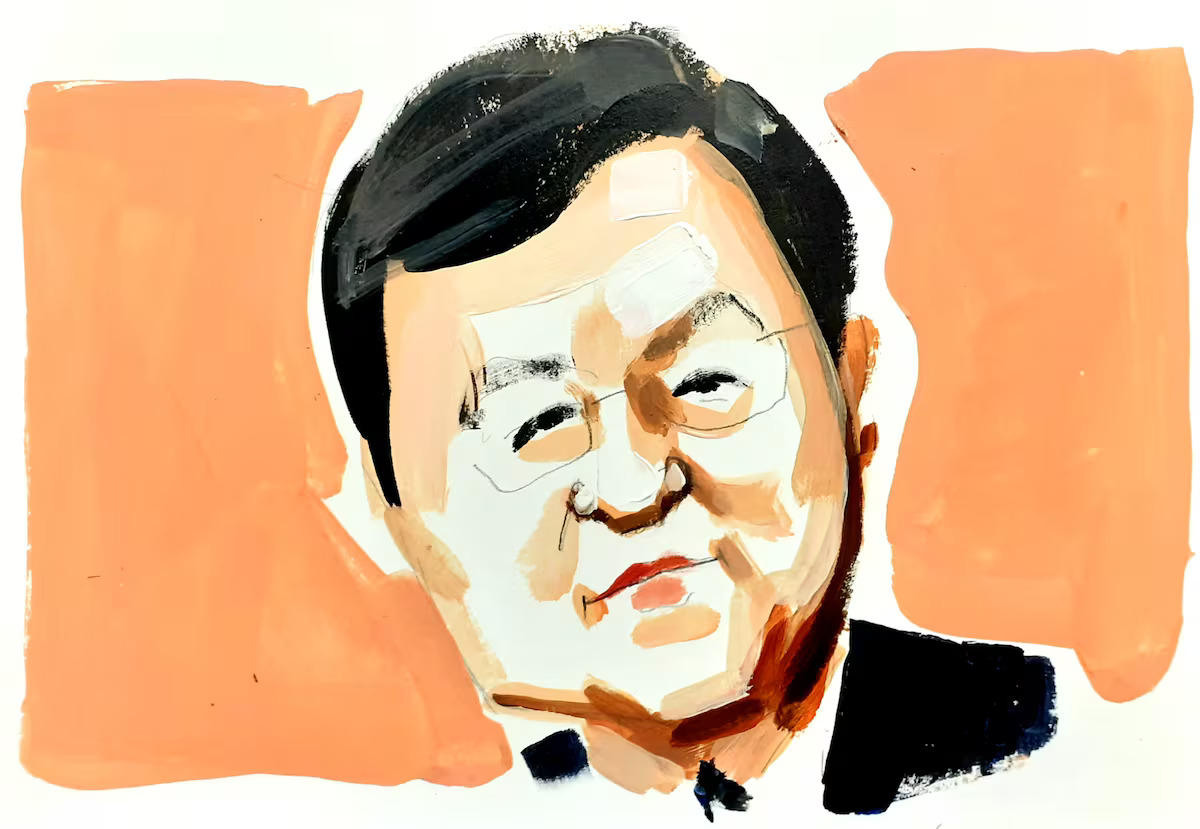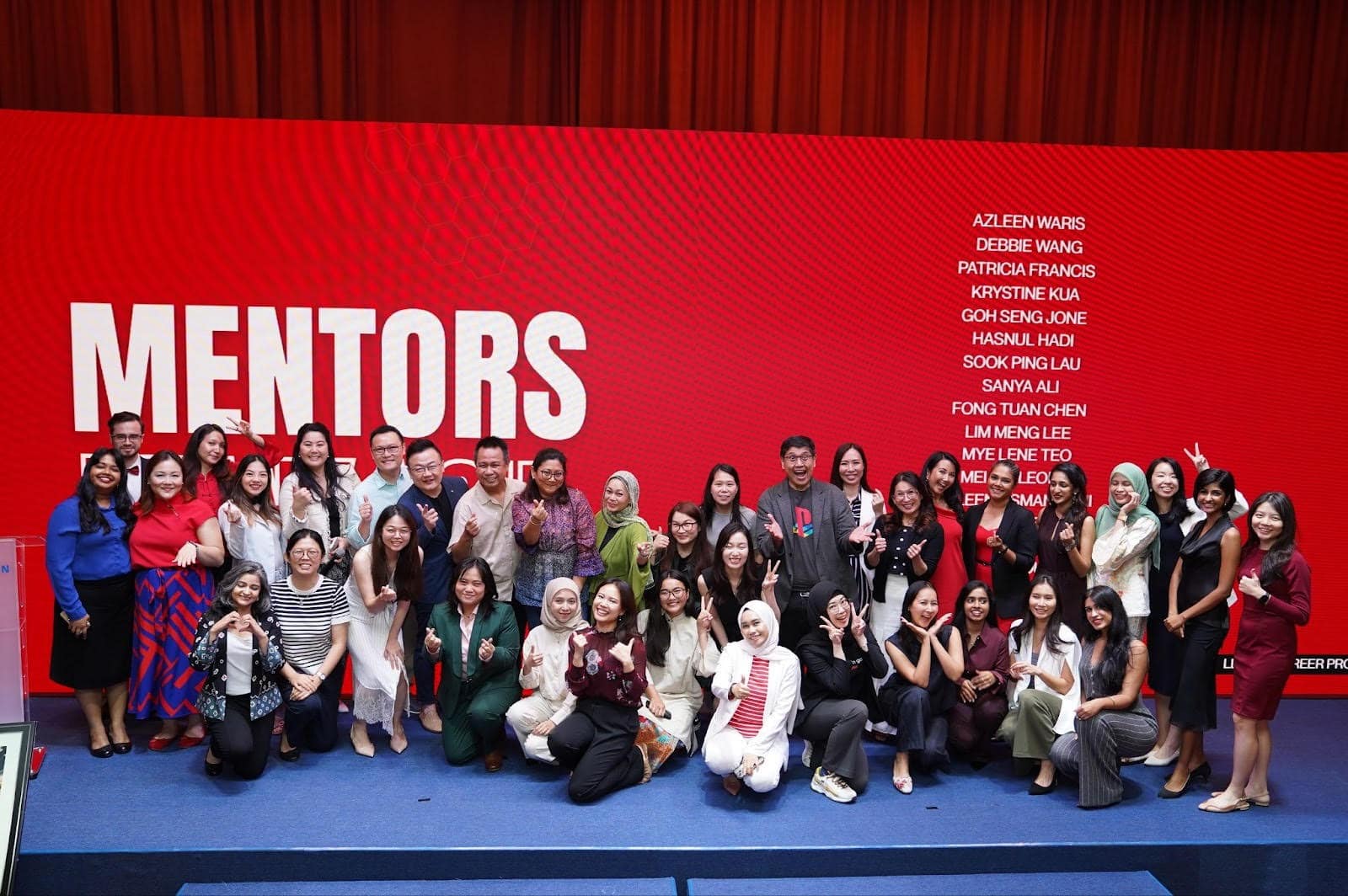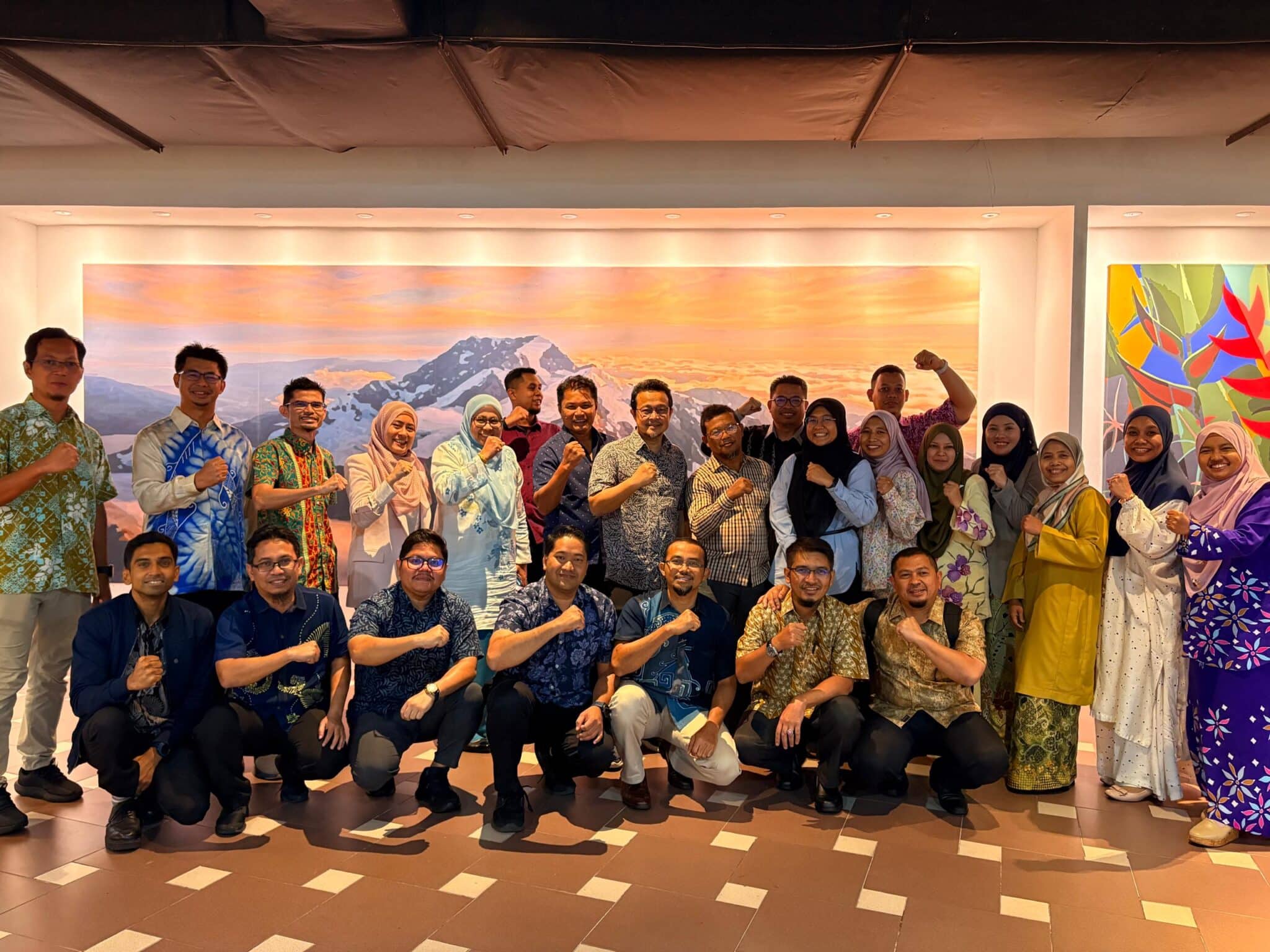Have you ever wondered why some people spend decades doing something yet remain at the same level?
i. A person who has spoken Malay all their life may still struggle with grammar and intonation.
ii. A badminton player who has played since childhood may not be significantly better than someone who has trained seriously for just five years.
iii. A trader who has been in business for 30 years may still operate on a small scale, while an entrepreneur with just five years of experience may have built an empire.
The difference? Routine and Practice are two entirely different things.
What is Routine, and What is Practice?
Routine refers to activities performed repeatedly without a conscious goal to improve. Practice, on the other hand, is a deliberate effort to enhance skills progressively.
1. Routine vs. Practice in Language
We speak our native language daily, yet not everyone can articulate ideas eloquently, speak confidently in public, or write compellingly. This is because we use language as part of our routine rather than practicing it with the intention of refining our proficiency.
In contrast, someone determined to master a language will engage in focused speech exercises, read high-quality materials, and study proper sentence structures.
Thus, even if they have only studied the language for a few years, their mastery may surpass that of someone who has used it passively for a lifetime.
2. Routine vs. Practice in Sports
Many claim to have played badminton or football since childhood. Yet, why don’t they reach professional levels? Because they play as a hobby, not as a disciplined training regimen.
For example, someone who has played badminton for 40 years may only engage in casual weekend games. They never refine their serve, reaction speed, or game strategy. Meanwhile, a young athlete training intensively for five years under a coach, mastering techniques, analyzing opponents, and practicing systematically, can become a world champion.
In motorsports, someone who has been driving for 50 years may still be an average driver, while Max Verstappen in Formula 1 or Kalle Rovanperä in rally racing can handle extreme conditions. The difference? They don’t just drive—they train with discipline, learning steering techniques, braking control, aerodynamics, and data analysis for every move on the track.
3. Routine vs. Practice in Business
A small-scale vendor selling nasi lemak for 30 years may still operate the same way of cooking, selling, earning small profits, and repeating the process daily. Without improvements in marketing, product innovation, or customer engagement, growth remains stagnant.
Meanwhile, an entrepreneur with only five years of experience but a learning mindset by attending courses, reading business books, mastering marketing strategies, and adopting new models that can achieve exponential success in a short period.
Thus, success isn’t about how long you’ve been doing something but how effectively you train and acquire knowledge in your field.
How Long Does It Take to Master a Skill?
In psychology, Malcolm Gladwell’s 10,000-Hour Rule suggests that mastery requires at least 10,000 hours of practice.
However, deliberate practice a concept by Anders Ericsson emphasizes that quality matters more than quantity. A structured approach, focusing on weaknesses, accelerates expertise far beyond simply clocking hours.
Examples:
a. A footballer who plays daily without refining technique won’t progress much. But if they train specifically on shooting accuracy, ball control, and tactical awareness, they can reach professional levels faster.
b. A gym-goer without a structured workout plan may not see results. But someone who follows a tailored program, understands nutrition, and tracks progress will achieve peak fitness more effectively.
c. A business owner selling the same way every day won’t grow. But if they learn digital marketing, financial management, and sales strategies, their business can scale rapidly.
5 Ways to Transform Routine into Mastery
To avoid being trapped in routine and instead develop real expertise, consider these five steps:
1. Set Clear Goals and Track Progress
Don’t just do things out of habit—set specific targets.
For example, instead of merely playing badminton weekly, aim to improve your serve, increase reaction speed, or enhance footwork.
Measure progress through performance records or feedback from experts.
2. Focus on Deliberate Practice
Repeating the same activity daily doesn’t guarantee improvement. Focus on refining specific aspects.
In business: Instead of just selling nasi lemak, explore online marketing, improve ingredients, or implement pricing strategies to boost profitability.
3. Seek Feedback and Learn from Experts
Mentorship accelerates growth.
In sports, professional coaches correct technical mistakes. In business, mentors or entrepreneurship courses provide insights for better decision-making.
4. Step Out of Your Comfort Zone and Experiment with New Approaches
If you’re stuck in a routine, change your method.
For instance, a driver seeking to improve should explore defensive driving techniques or master heel-and-toe shifting in performance driving.
5. Apply the Kaizen Principle – Continuous Improvement
Never assume you’ve reached your peak; growth is a lifelong journey.
In business, adaptability is key to staying relevant. In any field, constant self-improvement ensures long-term success.
How to Transition from Routine to Mastery?
In today’s highly competitive world, those who excel aren’t just repeating tasks—they are strategically honing their skills.
Top athletes don’t just play their sport every day; they analyze weaknesses, refine techniques, and adapt to evolving trends.
As Malcolm Gladwell states in Outliers, mastering a field requires 10,000 hours of structured practice. But those hours must be spent wisely by simply putting in time without strategy leads nowhere.
Consider Cristiano Ronaldo: his success isn’t just due to talent but rigorous training, discipline, and a relentless pursuit of improvement.
Takeaway: Elevate Beyond Routine
If you’re an entrepreneur, don’t just sell but study marketing, financial management, and business scaling strategies.
If you’re an athlete, don’t just train but try understand nutrition, biomechanics, and game psychology.
If you want a better life, don’t just dream but must set goals, learn from the best, and discipline yourself for growth.
Routine may feel comfortable, but mastery is invaluable. Repeating the same actions without improvement leads to stagnation.
However, training with purpose and knowledge unlocks true potential.
Don’t settle for mediocrity when you have the capacity for greatness.
As I write this, I realize this article is a personal wake-up call and I, too, have areas in life where I remain stuck in routine. I need to elevate myself in various aspects.
I hope this reflection benefits us all, InshaAllah.
Everything good comes from Allah, and all shortcomings are mine. I sincerely seek forgiveness


